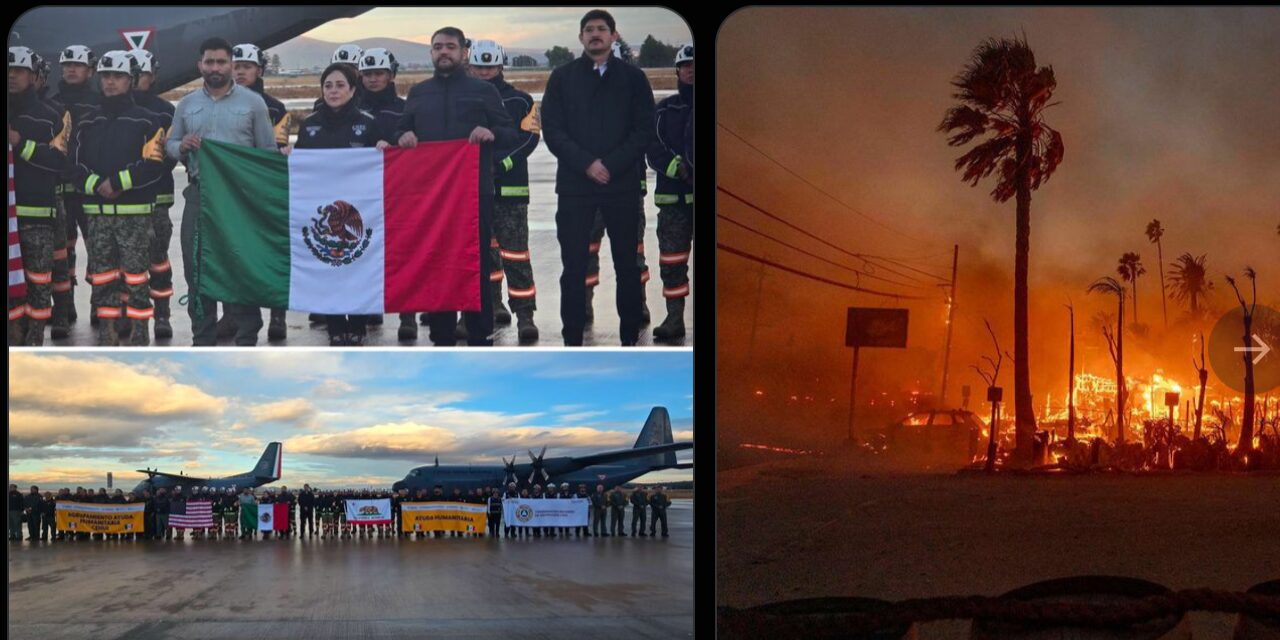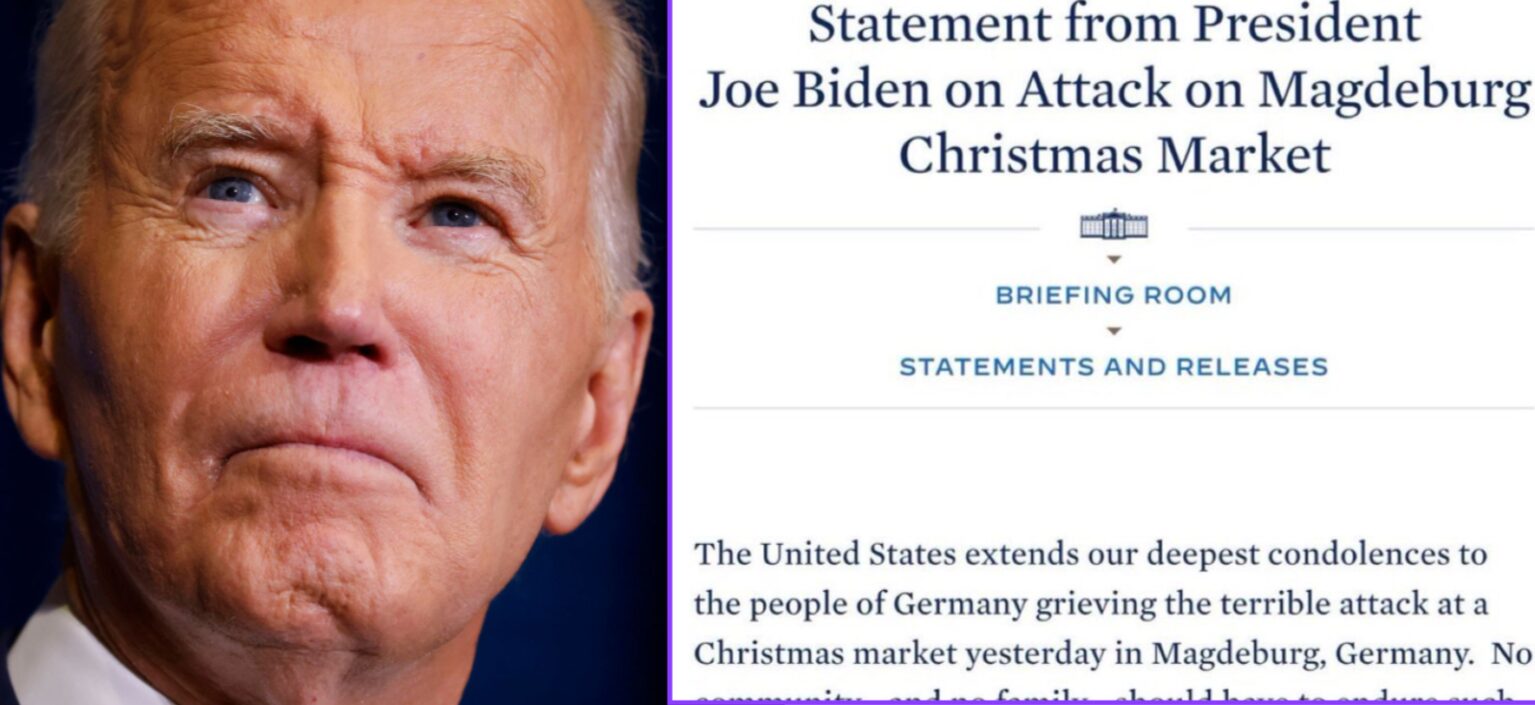Mexico has sent firefighters to Los Angeles, California to help battle the wildfires
Mexico Sends Firefighters to Los Angeles, California, to Assist with Wildfires: A Testament to Cross-Border Cooperation
In a powerful show of international solidarity, Mexico has sent firefighters to Los Angeles, California, to help combat the devastating wildfires that have swept across the region. This remarkable act of cooperation between neighboring countries highlights the importance of global collaboration in the face of climate-related disasters and the growing need for a unified approach to managing extreme weather events.
In this article, we will explore the significance of Mexico’s support in battling the California wildfires, the broader context of climate change, and the importance of cross-border partnerships in tackling environmental challenges.
The California Wildfires: A Growing Threat
California is no stranger to wildfires, with its dry, hot climate and vast forested areas making it particularly vulnerable to such natural disasters. Every year, the state faces a significant wildfire season, which can be exacerbated by high temperatures, dry conditions, and strong winds. However, the frequency, intensity, and scale of these wildfires have been increasing in recent years, causing widespread destruction to communities, wildlife, and ecosystems.
In 2024, the state faced one of its worst wildfire seasons in history, with thousands of acres of land burned, forcing thousands of residents to evacuate their homes. The fires not only threaten lives and property but also pose a major strain on firefighting resources. Fire departments across California have been stretched thin, with local firefighters and emergency personnel working tirelessly to contain the blazes.
This is where international support has become invaluable. As wildfires grow in scale and severity, countries around the world have recognized the need for collective action in addressing the climate crisis and managing natural disasters. Mexico’s decision to send firefighters to assist California’s efforts is a testament to the growing trend of international cooperation in times of disaster.
Mexico’s Role in Supporting California
In response to the wildfires, Mexico sent a team of highly trained firefighters to Los Angeles to join the ongoing firefighting operations. The team, which includes both professional firefighters and specialized personnel, was equipped with the necessary tools and expertise to aid in controlling the flames. Mexico’s National Forestry Commission (CONAFOR) and the Mexican Red Cross were among the key organizations that contributed personnel and resources.
The Mexican firefighters, who are well-versed in battling wildfires in their own country, bring valuable experience to the table. Mexico regularly deals with forest fires in various regions, particularly in the northern states that share borders with the United States. This shared experience and geographic proximity make Mexico’s assistance highly effective in addressing the wildfires in California.
The deployment of Mexican firefighters to California is part of a larger pattern of cooperation between the two nations in response to natural disasters. In the past, both countries have worked together to tackle hurricanes, floods, and other climate-related crises. This latest collaboration underscores the deepening ties between Mexico and the United States, particularly when it comes to addressing shared challenges posed by extreme weather events.
Why Is This Assistance Important?
- Strengthening Firefighting Resources: Wildfires require vast resources and manpower to contain. With California’s firefighting teams often overwhelmed by the scale of the blazes, international support becomes crucial. The addition of Mexican firefighters bolsters the overall capacity to fight the fires and protect both lives and property. These additional resources can make a significant difference in controlling wildfires before they spread further, saving valuable time and minimizing damage.
- Shared Experience in Wildfire Management: Both Mexico and California have been battling the growing intensity of wildfires due to climate change. Mexico’s experience with wildfires in arid and mountainous regions makes its firefighting teams highly skilled in combating similar conditions in California. By collaborating, both countries are able to share knowledge, strategies, and techniques for more effective firefighting and disaster management.
- International Solidarity: The decision to send firefighters is a clear example of international solidarity in times of crisis. Natural disasters, such as wildfires, know no borders, and the need for global cooperation is more pressing than ever. When one country faces a large-scale disaster, support from neighboring nations not only provides immediate relief but also demonstrates a commitment to global unity and resilience in the face of climate challenges.
- Climate Change and Cross-Border Cooperation: The increasing frequency and severity of wildfires in California and Mexico highlight the urgent need to address climate change. Rising global temperatures are contributing to longer and more intense fire seasons, creating a pressing challenge for both countries. The fires in California, which have worsened over the years, mirror similar trends seen in Mexico and across the globe. Cross-border cooperation is becoming essential to managing these risks, from firefighting efforts to shared climate policies and disaster preparedness strategies.
The Broader Context of Climate Change
The wildfires in California and Mexico are not isolated incidents but are part of a larger global trend. As climate change continues to intensify, the frequency and severity of extreme weather events, including wildfires, are projected to rise. Scientists have already observed the links between global warming and more intense wildfires, with factors such as increased temperatures, drought conditions, and altered weather patterns contributing to fire risk.
In California, the wildfires are not only damaging communities but also contributing to air quality issues, as smoke from the fires spreads across large regions. Poor air quality poses serious health risks, particularly for vulnerable populations such as children, the elderly, and those with respiratory conditions. The long-term environmental damage caused by these fires, including the destruction of ecosystems and wildlife habitats, is another growing concern.
Similarly, Mexico has also faced devastating wildfires in recent years, particularly in its northern regions, which share climate and environmental conditions with parts of California. In addition to wildfires, both countries are grappling with other climate-related issues, including droughts, floods, and rising temperatures. This shared vulnerability underscores the need for continued collaboration in managing natural disasters and implementing climate resilience strategies.
The Importance of International Collaboration
The collaboration between Mexico and the United States in responding to the California wildfires underscores the importance of international cooperation in the face of climate-induced disasters. While national governments have primary responsibility for disaster management within their own borders, natural disasters often require a cross-border response. In the case of wildfires, this may include mutual aid agreements, shared resources, and coordinated strategies to address the emergency.
In recent years, several countries have joined forces to combat wildfires. For example, Australia, Canada, and the US have exchanged firefighting personnel and resources during major wildfire seasons. Similarly, the European Union has coordinated with neighboring countries to tackle forest fires that threaten multiple nations.
The Mexico-US collaboration in the face of the California wildfires demonstrates how countries that are directly impacted by climate change can come together to share knowledge, resources, and expertise. It also highlights the importance of building resilient communities that can withstand the growing impacts of climate change. Such partnerships are critical for not only responding to current disasters but also preparing for future challenges posed by climate change.
In Conclusion
Mexico’s decision to send firefighters to California to assist with the wildfires is a powerful example of cross-border cooperation in the face of climate change. As wildfires become more frequent and intense, international collaboration will be essential for effectively managing these disasters and mitigating their impact on both people and the environment.
This act of solidarity between Mexico and the United States is a reminder that global challenges, such as climate change and extreme weather events, require collective action. The growing need for international cooperation in disaster response is not only a matter of shared resources but also a commitment to working together for the common good. As the world continues to face the consequences of climate change, collaborations like this will be increasingly important in ensuring that communities are better prepared and equipped to handle the challenges ahead.

















Post Comment